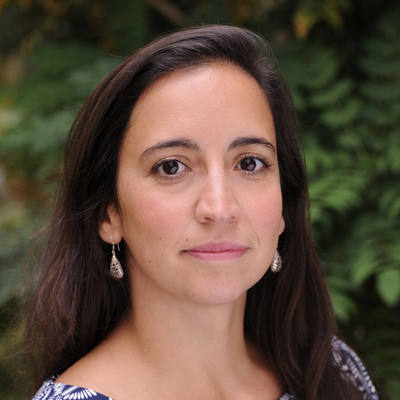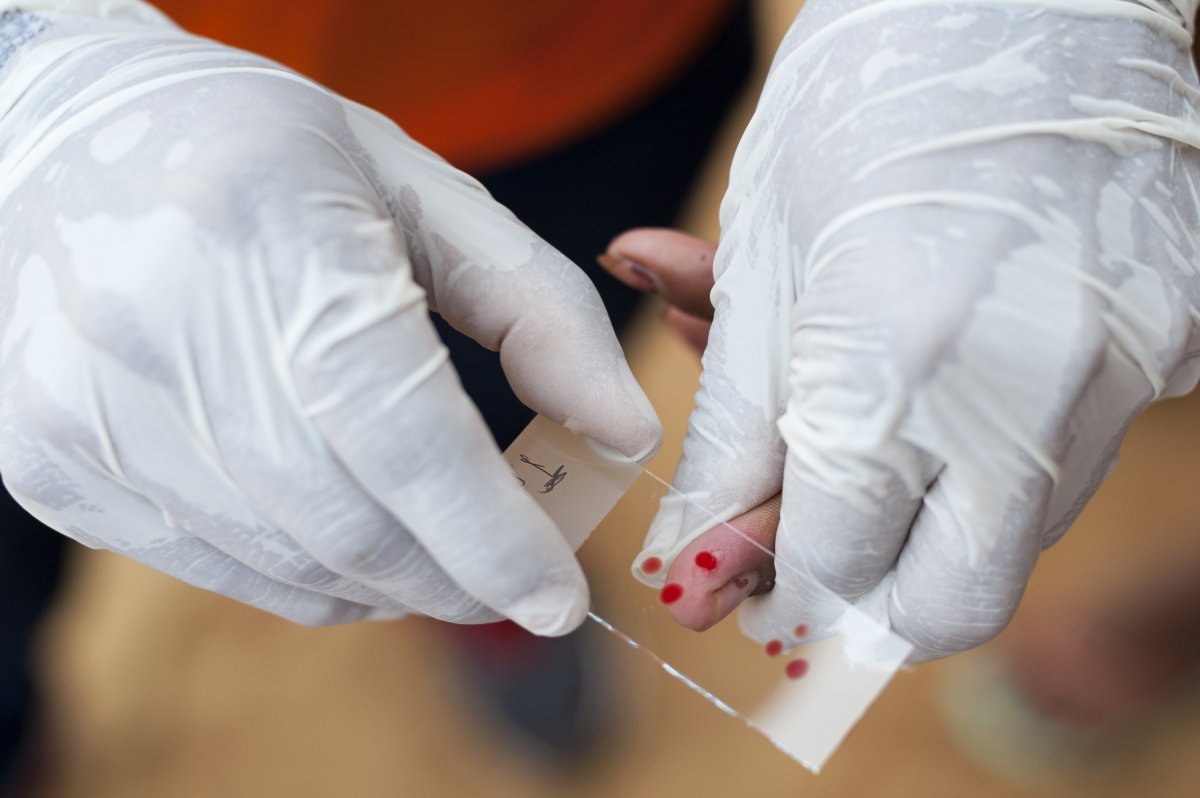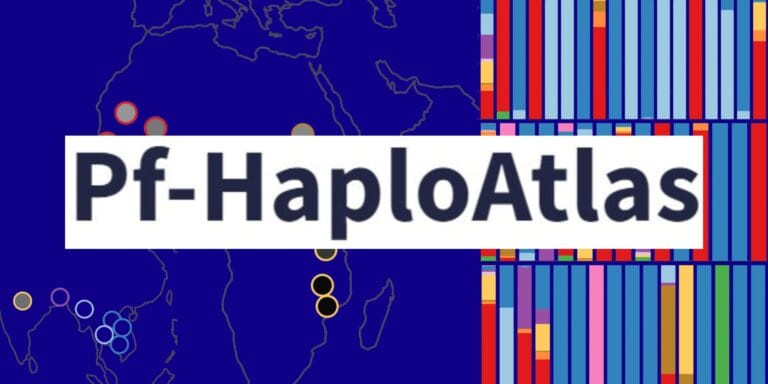
From studying Brazilian lizards and Aedes mosquitoes to COVID-19 and malaria parasites, Dr. Cristina Ariani has built a reputation as someone who gets things done. Throughout her career — which has taken her from Brazil to Cambridge with stops in Arizona and Ghana — she has been a key piece of teams pushing the frontiers of genomics. Now she takes the lead on malaria parasite genomic surveillance at the Wellcome Sanger Institute.
Among her most notable discoveries is a technique to extract whole parasite genome sequences from dried blood spots. As a post-doctoral fellow in Dominic Kwiatkowski’s group, she co-led (with labmates Samuel Oyola, Will Hamilton, and Mihir Kekre) the research and development of this breakthrough technology.
“Before, we needed to draw a considerable amount of blood from a patient to be able to do whole genome sequencing,” Dr. Ariani explains. “This new technique was a game changer because collecting a blood spot is very easy. It’s just a drop of blood. It doesn’t require specialists in the field, it doesn’t require refrigeration, and it can be stored for many years.”

As she takes up her new role as Malaria Parasite Surveillance Lead within the Wellcome Sanger Institute’s Genomic Surveillance Unit (GSU), she will be helping partners around the world use genomic surveillance to deliver public health impact.
“I want to keep all the excellent relationships we have with partners,” says Dr. Ariani. “And I want to hear feedback on what we can do better. I want to make sure we are doing things here at Sanger that are most relevant to the community as a whole.”
Shortly after the COVID-19 pandemic began, Dr. Ariani was seconded onto the Sanger Institute’s HERON project, where she built up capacity to sequence huge volumes of COVID-19 samples. The transition was difficult, but fulfilling because of the enormous public health impact of the data she was generating.
“The Wellcome Sanger Institute’s COVID operations were probably the largest in the world,” says Dr. Ariani. “We sequenced 20% of all COVID samples ever sequenced — about two and a half million samples. Obviously malaria and COVID are very different, but I’d like to bring some of the learnings from that project to malaria. One of the reasons that I’m so keen to take on this role is that I bring all the learnings from the COVID project, along with all my scientific background, too.”
Looking to the future of malaria parasite genomic surveillance, Dr. Ariani hopes to keep the focus squarely on how the facilities and expertise at Sanger can better support genomic surveillance around the world.
“Everything that we do has to be partner-focused,” says Dr. Ariani. “I’ve always felt that what makes MalariaGEN unique is the quality and depth of our relationships. Our partners are are the experts and working with them as they achieve their goals is a joy and a privilege. They are more than just collaborators, they’re people we really care about.”
Sanger Institute - What does it take to sequence tens of thousands of COVID-19 samples?


